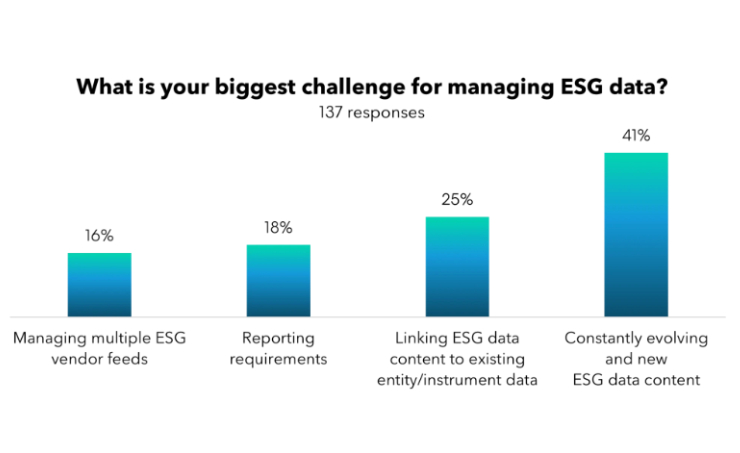We are very excited to have recently completed the first ESG report for Enyimba Economic City (EEC) in Nigeria. A special economic zone project of a comparable size (9,464 Hectares) to the city of Paris.
EEC will connect 5 South-east & 4 South-south States of Nigeria with captive population of over 60M locally, 192M nationally & 300M regionally (West Africa) having substantial impacts across not only Nigeria but all of West Africa.
EEC is an investment destination created to leverage on the opportunities Nigeria offers to bring about job creation and regional development through industrialization. It is a Special Economic Zone (SEZ) under the Made In Nigeria for Export (MINE) programme of Federal Government of Nigeria. It will have a Free Trade Zone Status.
Letter from the Chief Executive Officer:
Enyimba Economic City (EEC) is 9,464 Hectares multi township city, located in Abia State, Nigeria. The mission of EEC is to create a global economic hub central to the nine (9) South-East and South-South States of Nigeria, with captive population of sixty (60) million people, linked with high grade access roads, rail, airport and seaport that will transform the region into a manufacturing and industrial powerhouse, with ancillary drivers of commerce, logistics, technology hub, entertainment, education, health, lifestyle residential and aviation.
EEC is a Public Private Partnership (PPP) project led by the Private Sector and included two levels of Governments, Abia State and Federal Government of Nigeria aimed at providing massive employment, inclusive growth and diversified economy for Nigeria. It is developed through a Special Purpose Vehicle (SPV), Enyimba Economic City Development Company Limited (EECD).
It has been designated a Special Economic Zone (SEZ) with Free Zone Status, incorporating own municipal regulations and independent regimes in immigration, customs, approvals, dispute resolution, environmental, labour, corruption standards etc.
As a long term, strategic project for Nigeria and continent of Africa, we have a responsibility to the future generations to ensure everything we do in EEC is sustainable in an environmental, economic, ethical and social sense. We have set about delivering a landmark project for Africa with ambitious, but achievable targets in a wide range of ESG initiatives. We believe these extends beyond just EECD, to all suppliers and enterprises involved within EEC.
Over 2020 we saw barriers between social value and market value start dissolving globally, and sustainability has changed from being an afterthought, to now front and centre of governments, corporates and businesses ethos. As a result of COVID, we saw supply chain disruptions, shifting and impacting financial markets globally. EEC has a mission of becoming the gateway to both regional and international trade in Nigeria and an opportunity to improve supply chains and reduce disruptions.
At EECD we recognised the need to develop a robust mechanism for not only managing our own ESG risks, but influencing all enterprises who wish to operate inside the special economic zone/city. To this end, we created a range of policies to ensure these enterprises are operating in line with our beliefs, developing products and operating businesses that are sustainable in environmental, economic and social terms.
We have focused our efforts on three areas which define the approach we take to addressing our environmental, social and governance (ESG) responsibilities and form the three pillars of our sustainability framework:
-
Delivering Value: working with all stakeholders in our value chain to exceed expectations delivering value to shareholders, enterprises, staff and partners.
-
A Sustainable Supply Chain: maintaining responsible and sustainable practices to ensure all enterprises in EEC operate in an ethical and transparent manner.
-
People and Operations: behaving responsibly at all times and providing a safe and rewarding environment for all people in EEC.
In order to achieve our ambitious economic development goals, we recognised there is a long way to go in terms of meeting a wide range of ESG reporting mechanisms. We hope to integrate a number of United Nations and ESG reporting frameworks over the coming years, not just for ourselves but in our role as a key stakeholder and influencer of all enterprises within EEC. Central to our focus on development is to introduce efficient technologies and operations targeting to reduce our greenhouse gas emissions compared to business-as-usual right across our value chain.
The following reporting requirements have been identified as longer-term opportunities to introduce in EEC:
o United Nations Sustainable Development Goals (SDGs)
o Taskforce on Climate-related Financial Disclosures (TCFD)
o United Nations Global Compact (UNGC)
o Modern Slavery
o The Equator Principles
o International Finance Corporation’s Environmental and Social Performance Standards and Guidance Notes
o Institute for Sustainable Infrastructure’s (ISI) Envision® rating system
o International Organization for Standardization (ISO) environmental standards
o United Nations Development Programme’s Performance Standards on Environmental and Social Sustainability
o Green Building certification bodies such as:
-
- U.S. Green Building Council’s LEED certification
- BREEAM and CEEQUAL
- Infrastructure Sustainability International (ISCA)
- Green Building Council
We believe that as leaders and entrepreneurs in our country, we have an obligation to operate a sustainable business model that addresses the long-term goals of society, environment and economy aligned to the UN SDG roadmap. While we are proud of our achievements so far, we will push ourselves to be better and do better. We will continue to focus on behaving responsibly and running our business the right way, which is essential for our long-term success.
Mr C Darl Uzu
Chief Executive Officer
Enyimba Economic City Development Company Limited.
Contact us to discuss how your organisation can reduce ESG risks, create an effective ESG strategy, reduce their carbon footprint and better manage ESG risk in your supply chain.










